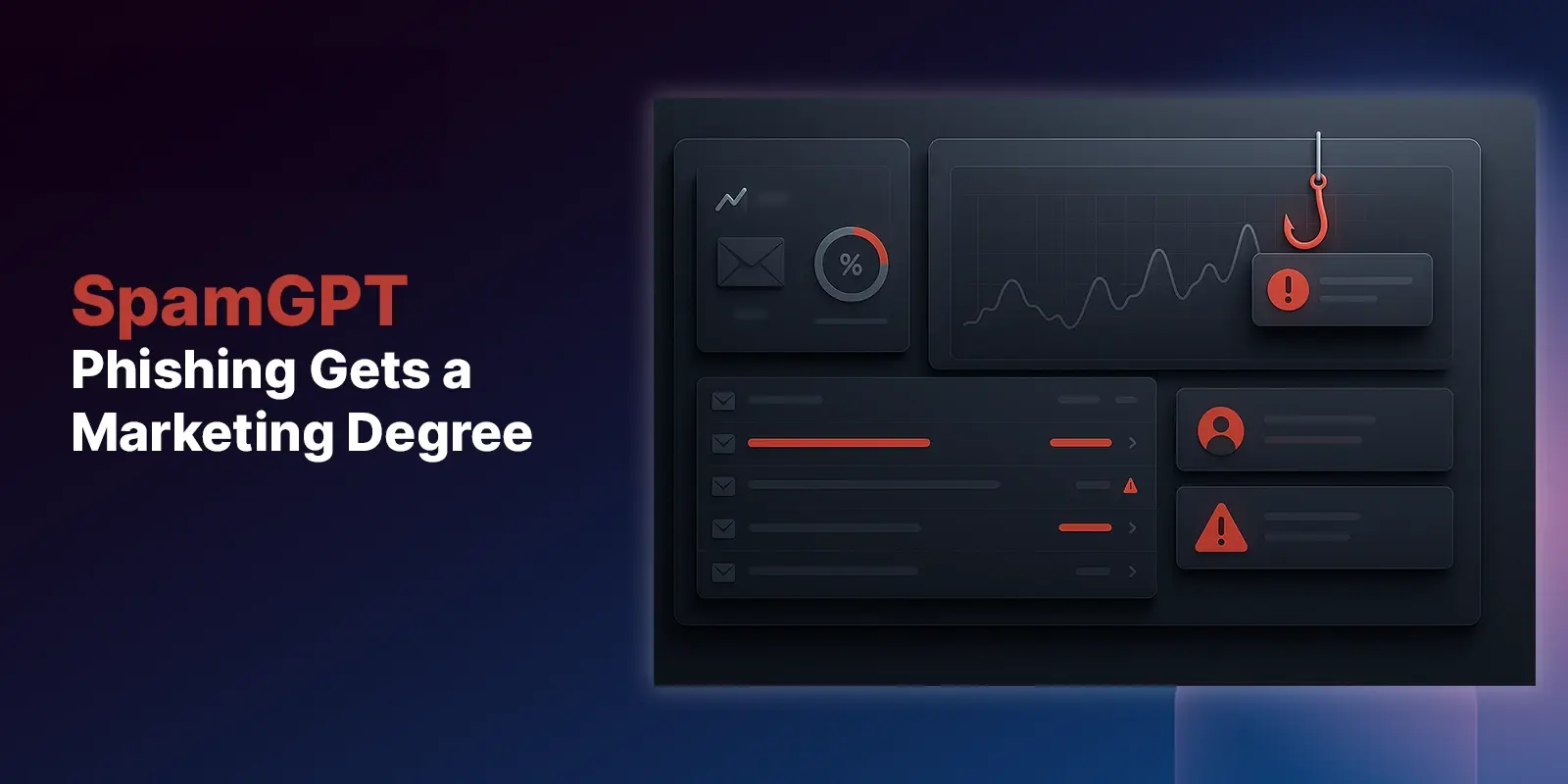Table of Contents
The phishing landscape is morphing rapidly. Cybercriminals are devising various attacks leveraging new tactics and technology to evade traditional, rule-based email security solutions and static-AI phishing detection tools. These tactics not only result in an increase in phishing threats but also create a lot of distraction for the security teams remediating the threats.
To address the next generation of phishing, IT and security leaders need to leverage adaptive AI technology that evolves with the threat landscape to respond to new email attacks quickly.
This post provides 3 questions IT and Security leaders should ask when evaluating email security solutions with AI-based detection and remediation.
3 Questions To Ask When Evaluating AI-powered Email Security Solutions
How does your solution automatically respond to new data and adapting email threats?
Static AI solutions typically can’t respond to new data or adapt to emerging threats because they are trained on yesterday’s data and on predefined models and tend to be single-purposed. They can tackle a specific use case, like building social graphs, and analyze the content to identify and flag language often used in phishing attacks. While this can effectively detect known unknowns, it allows new attacks to go undetected--increasing the risks of a successful phishing campaign.
Solutions that leverage adaptive AI, like IRONSCALES, are more multi-purpose in nature. Not only can they build social graphs and analyze behavior and the intent of the content, but they are also self-learning and continuously adapting to new threats by analyzing and training on real-time data to detect and remediate emerging threats.
Can your system adjust its behavior based on user feedback and the security team decisions and insights?
Human feedback is a critical contributor to reinforcing the machine learning model. When a new threat slips past detection, the reliance on human reporting of suspicious emails or flagging false positives can retrain the AI model to look for similar threats.
Static AI solutions typically don’t adjust their behavior on real-time user feedback or human insights. Since they operate based on historic data, any missed threats or false positives involve a long cycle of escalation to the vendor for review, approval, and adjustments
Vendors that leverage adaptive AI know how valuable human feedback is to constantly improve the performance of the detection engine. Additionally, if a security analyst encounters a false positive or undetected threat, they can classify those incidents to immediately retrain the model and remove the threats from the environment.
How does your solution handle zero-day threats?
Adaptive AI solutions utilize a combination of advanced machine learning techniques, anomaly detection algorithms, behavioral and content analysis, and human insights to identify suspicious patterns that indicate potential zero-day threats and unknown vulnerabilities. Once these threats are identified and insights from credible threat hunters are gathered, the models recalibrate to detect and remove similar threats automatically.
Request a demo for more information on how IRONSCALES delivers adaptive AI to provide unrivaled phishing protection.
Explore More Articles
Say goodbye to Phishing, BEC, and QR code attacks. Our Adaptive AI automatically learns and evolves to keep your employees safe from email attacks.

/Concentrix%20Case%20Study.webp?width=568&height=326&name=Concentrix%20Case%20Study.webp)
















.webp?width=100&height=100&name=PXL_20220517_081122781%20(1).webp)